A block heater can be a lifesaver in the cold winter months. But if your car battery dies, will turning your block heater on help it start? Let's take a look.
If your battery has died due to the freezing temperatures, then a block heater can help thaw it. Plug your block heater in for 2-3 hours to warm the engine and thaw the battery.
Then try jumpstarting your battery with jumper cables. If it doesn't start, then the battery may need to be charged or replaced.
By understanding how to use a block heater, you can ensure that your vehicle will always start. In this article, we will walk you through the steps for troubleshooting a frozen car battery. In addition, we will answer other frequently asked questions about block heaters and car batteries, so read on!
How Does A Block Heater Help A Car Battery?
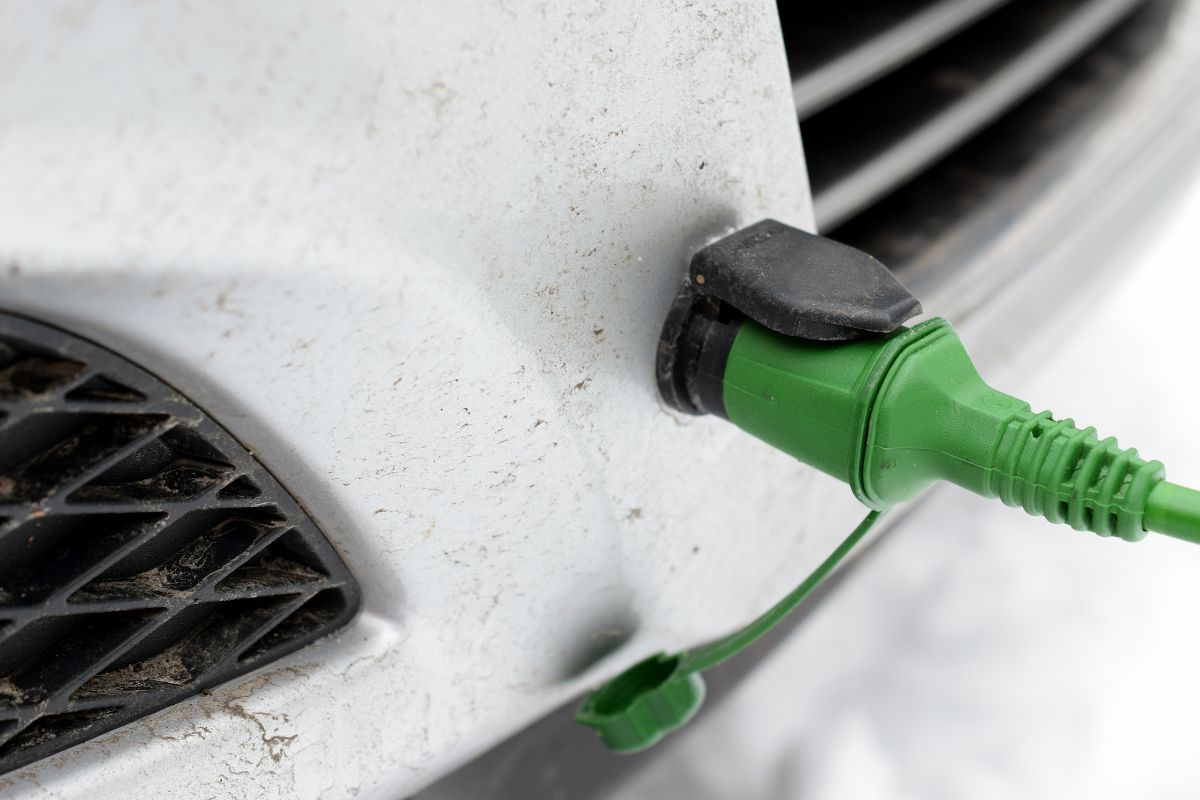
Winter months can be brutal on your vehicle's battery and internal components. When temperatures drop below freezing, your battery can freeze, draining the charge and making it difficult to start.
If you wake up to a frozen car battery, a block heater can help thaw it. While block heaters' main purpose is to warm the engine and its fluids, they will also warm the battery. This can thaw the battery, making it easier to jumpstart.
All you need to do is plug your vehicle into the block heater for 2-3 hours. After the allotted time, you can try starting your vehicle. If it doesn't start, then you may need to try jumpstarting the battery.
If you still can't get the vehicle to start, then it's best to charge the battery. This is your last resort, as the battery may need to be replaced.
To avoid this situation, you should use your block heater whenever temperatures drop below 5 degrees Fahrenheit. This will keep the battery from draining and extend its lifespan. If you don't drive your vehicle often during the winter, then you may want to use the block heater more often.
There are other benefits to having a block heater for your vehicle. Let's take a look at them below:
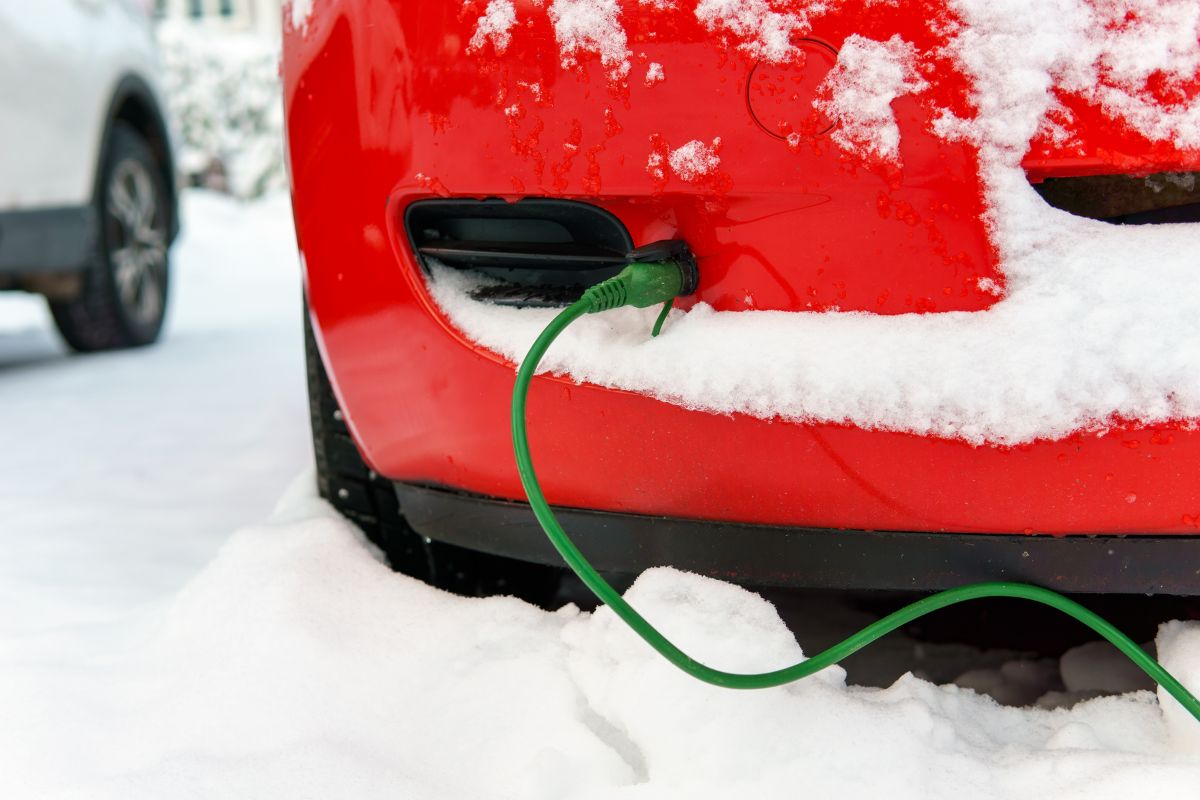
Warm Cabin
As mentioned, a block heater will heat your engine and other major components. As a result, when you get in your vehicle to leave, the interior cabin will have instant heat. Rather than driving with gloves and a beanie, you can enjoy a warm vehicle right away.
Better Fuel Efficiency
When your vehicle is already warm when you start it, it doesn't need to work as hard to warm the engine. As a result, you will get better fuel mileage which will save you money in the long run.
A common way to warm your vehicle before driving is to let it idle for 5-15 minutes. While this is an effective way to warm your engine, it will raise your fuel costs.
Think about it; you are getting zero miles to the gallon when your vehicle is idling, which is fuel down the drain. Instead, you can use a block heater and use every ounce of fuel.
Environmentally Friendly
When you start a cold engine, the pollutants have a better chance of escaping into the air. As a result, there is more pollution, and we all know that we don't need more of that. In fact, a cold vehicle will emit 15 times more pollutants than a vehicle that has been preheated.
By using a block heater, your vehicle is emitting fewer toxic gases while protecting your vehicle.
How Can You Keep A Car Battery From Freezing?
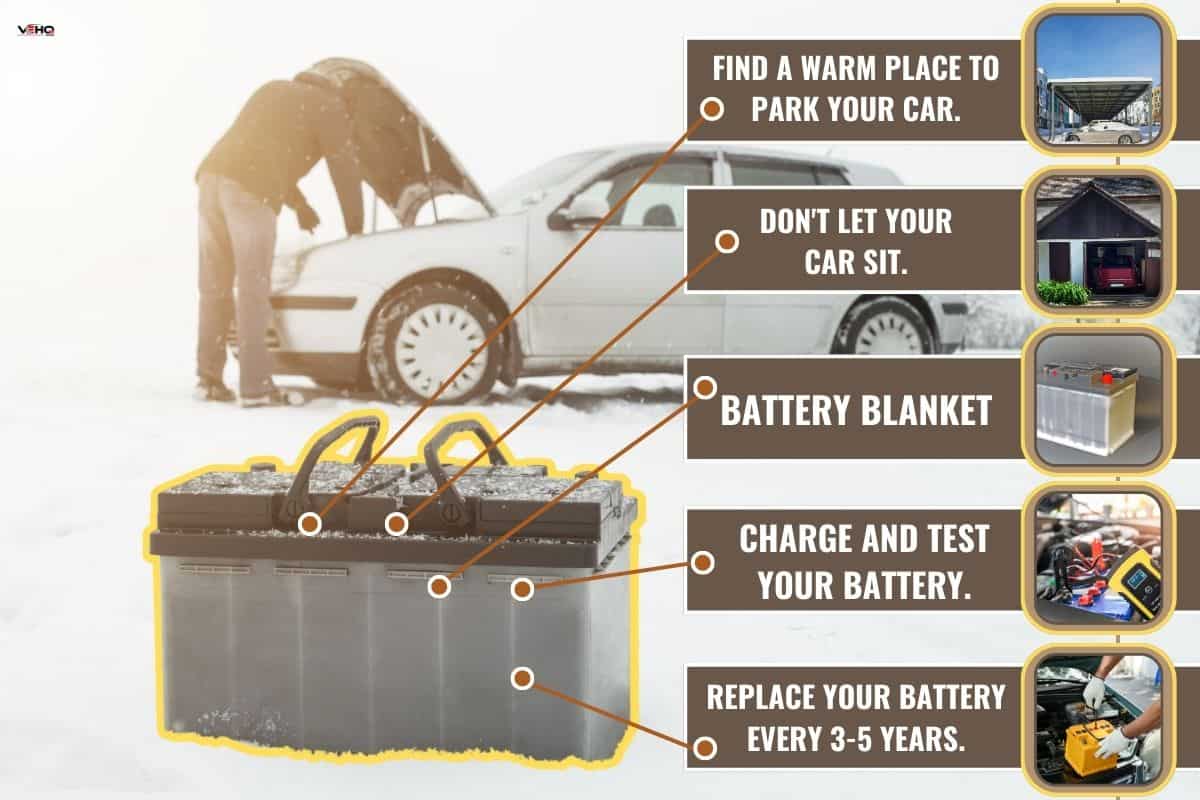
If you don't have a block heater, there are other ways to keep your battery from freezing. Here's what you could do instead:
Find A Warm Place To Park Your Car
When the sun goes down, the temperature drops. The best place to park a car during the winter is in a garage. Even if your garage isn't heated, a closed garage will be warm enough to keep your battery from freezing.
If you don't have a garage, then a carport is the next best option. While a carport isn't enclosed, it still can provide enough protection to keep your car from freezing. However, on extremely cold nights, such as below 0 degrees Fahrenheit, a carport may not prevent your battery from freezing.
If you don't have a garage or a carport, then find a spot where direct sunlight hits. If you need your vehicle in the morning, park your vehicle where it can get sunlight right way. Hopefully, the battery will stay warm enough that your car will start on the first try.
Don't Let Your Car Sit
As we mentioned earlier, vehicles that sit for a long time are more likely to have their batteries drained, especially in cold weather. Frequently driving your vehicle, even if you don't need to go somewhere, will keep the battery acid moving and prevent it from freezing.
This is also beneficial for the engine, as it needs to stay lubricated to prevent premature wear.
Battery Blanket
If you do plan on leaving your car sitting, then using a battery blanket will help keep your battery warm. Essentially, a battery blanket is a battery-operated cover that keeps your battery from freezing. You can find a number of auto parts stores, and they are a good option if you don't have the budget for a block heater.
Charge And Test Your Battery
A fully charged battery will have less of a chance of freezing. If your battery power has drained and the temperatures are dropping, then it's worth hooking it up to a battery charger.
A trickle charger will slowly add power to your battery, so it's ready when you need it. In other words, this will keep the battery acid moving, thus making it harder for it to freeze.
For people living in regions where temperatures below 5 degrees Fahrenheit is common, a battery charger and a block heater are a good combination.
Replace Your Battery Every 3-5 Years
On average, a vehicle battery will last 3-5 years. Older batteries will be more susceptible to freezing due to a decrease in efficiency. Whether you live in a cold or a warm climate, replacing your battery for 3-5 years will keep your vehicle on the road.
If you are unsure if your battery needs to be replaced, you can take it to an auto parts store. Some will test the battery for free hoping you buy a new one from them.
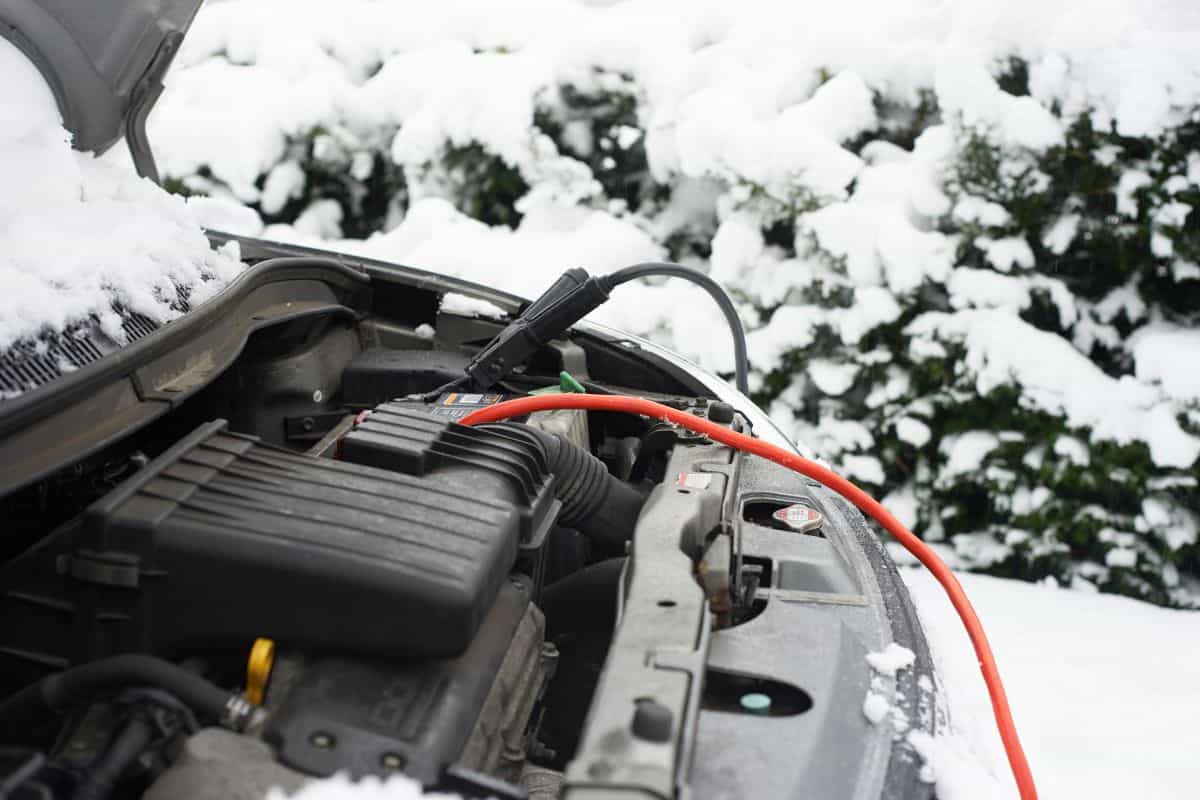
How Much Does A Block Heater Cost?
On average, you can expect to pay $100-300 for a block heater. Of course, the costs will vary depending on the make and model of your vehicle and the type of block heater you get.
The cost could be higher if you hire someone to install the block heater. However, there are many block heaters on the market that can be done in an hour or two.
Before buying a block heater, you should talk to a professional about what they recommend. You don't want to buy one that won't provide enough heat for your engine. On the flip side, you don't want to overspend on a block heater that is overkill for your engine.
Is It Okay To Leave A Block Heater On?
Most will agree that the longest you need to have your vehicle plugged in with a block heater is around 4 hours. Any longer than that, and you are wasting electricity.
However, you should let your block heater run for at least 2 hours before starting your vehicle. If you do leave your block heater on for longer than 4 hours, then there isn't a worry about it damaging your vehicle.
However, there are times you may want to leave your block heater plugged in for longer than 4 hours.
For example, if it's below 5 degrees Fahrenheit and you park your vehicle at 5 pm and don't plan on driving it until 8 am, then you will want to leave it plugged in for the entire night. Unless you are okay with setting your alarm at 4 am to plug your vehicle in, it's better to leave it plugged in overnight.
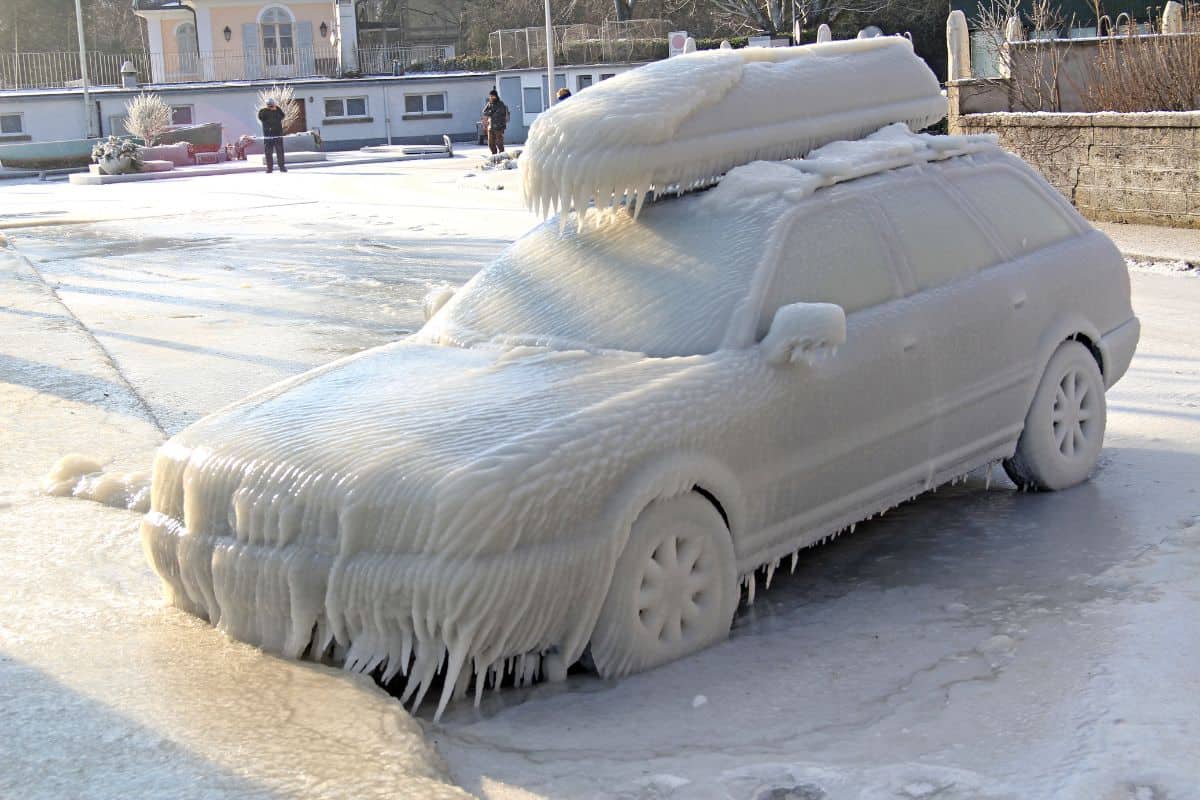
Should I Get A Block Heater Or Remote Start?
If you're tired of dealing with a cold vehicle, then a block heater is a good option. But what about getting a remote start? Remote starts are great because you don't need to go outside to preheat the vehicle. You also don't need to go outside to turn the vehicle off if you don't plan on leaving soon.
There are a few disadvantages to choosing a remote start over a block heater. The first pitfall is that remote starts can be more expensive than block heaters. More times than not, you can pay over $300 for a basic remote starter.
The other disadvantage is that you will spend more on fuel versus using a block heater. As we mentioned earlier, an idling vehicle is burning fuel which means less fuel you can use for driving. This is also more pollutants that are being released into the air.
Ultimately, the choice is yours; weigh the pros and cons of both before making a buying decision.
Final Thoughts
Overall, a block heater is a handy tool to have for your vehicle. Not only will it almost guarantee your vehicle will start in cold temperatures, but it will also protect your battery and engine from premature wear. If you are unsure if your vehicle can benefit from a block heater, then contact a certified mechanic for advice.
Made it to the end? Here are other articles you might find helpful:
How To Install A Magnetic Engine Block Heater
